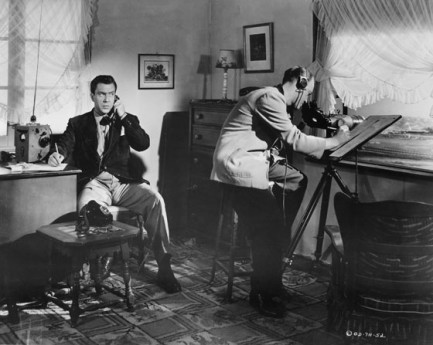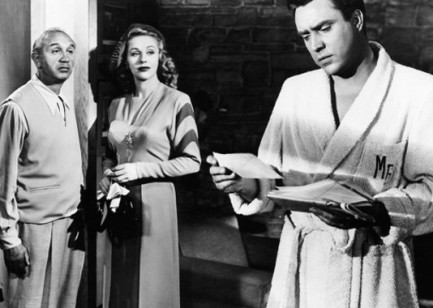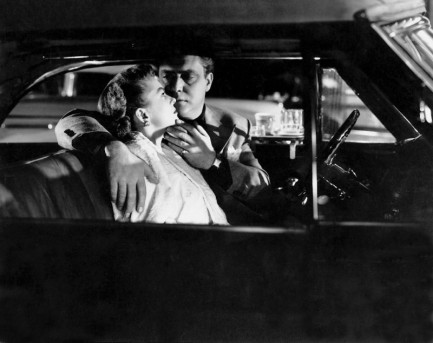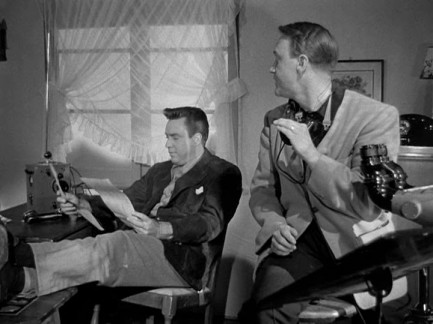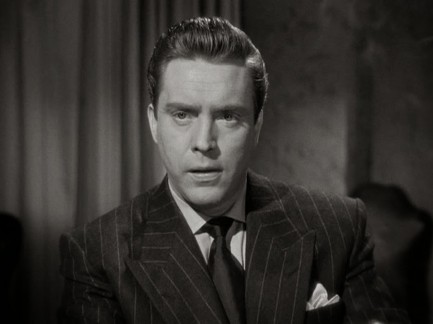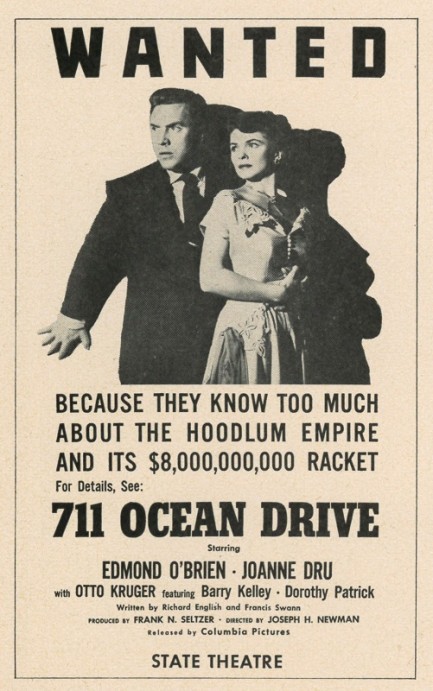| Vintage Pulp | Feb 28 2017 |

Nothing is harder to wipe off than otherness.
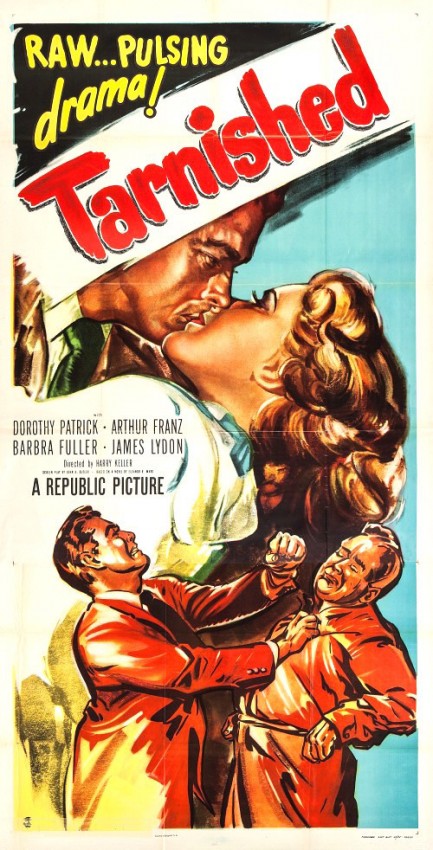
If you're in the mood for a movie built around a martyr complex Tarnished is just the ticket. In this one a man from a shunned smalltown family returns to his home after seven years to find everyone has heard he's been in prison. He's mistreated by nearly every resident in this backwater burg, but the thing is, he was never in prison. He was actually in the marines, was wounded on Tarawa, and spent a long period in a military hospital. But he won't tell anyone this. Even though all sorts of trouble results, not only for him, but for anyone who dares to treat him kindly, he still maintains silence about his past. Was this character wounded in the brain? No—he's just infected by a 1950s morality that existed mainly in the movies.
American morals changed due to the human slaughterhouse of World One I, the degradation of the Great Depression, and a return to the slaughterhouse during World War II. These shocks weakened previous social strictures. For example, by 1950 most women were having sex before marriage, though less so in small towns. That's why Tarnished is such an interesting film. People watching in New York City or Chicago in 1950 were probably almost as annoyed by these Podunkville values as viewers are today. And that's really the point. The movie creates a retrograde, antagonistic community, adds to this a protagonist stained by otherness but who has true integrity, and pits town against hero to show how self-destructive small-mindedness can be.
If there's a serious flaw in Tarnished, it's is that the internal logic falters somewhat when the protagonist actually does, in fact, admit that he was in the marines to one of his antagonists by way of explaining why he's about to commit a heroic act. If he'd left the man with no explanation for the subsequent heroism, the movie's point would have been even sharper. The screenplay was adapted from a novel by a twenty-five year old author named Eleanor Mayo, and we have a suspicion she had more interesting things to say in her narrative. Maybe we'll try to track it down. Tarnished, with Arthur Franz as the strong but silent hero and Dorothy Patrick as his love interest, premiered in the U.S. today in 1950.
| Vintage Pulp | Jul 1 2010 |

In film noir crime is always the road to ruin.
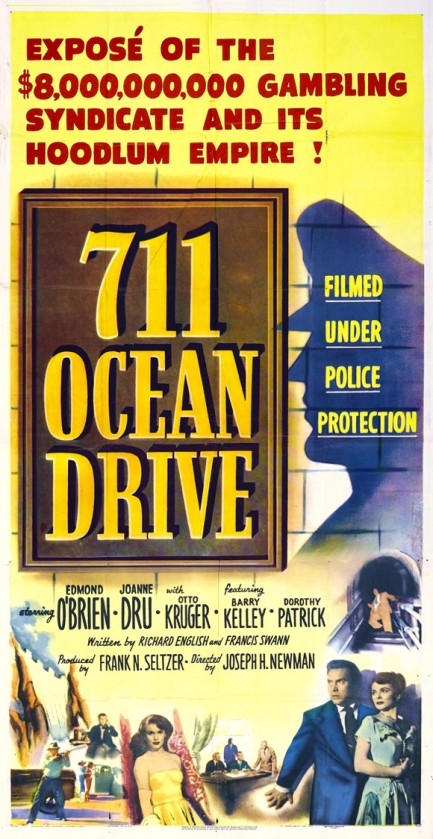
Looking at the promo poster for 711 Ocean Drive you'll notice that it claims to have been filmed under police protection. Apparently organized crime interests were so incensed by the movie they tried to quash its production. We seriously doubt this is true, but a little white lie in service of cinematic thrills never hurt anyone, we guess. The movie stars Edmond O'Brien in the story of an L.A. telephone worker who uses his genius for electronics to rise to the pinnacle of the illegal bookmaking racket. Once on top he comes to the attention of east coast operators, who move in on his set-up, cut him in for half, but promptly cheat him of his percentage. He won't accept that, but his solution to the problem leads to more trouble.
We won't go into detail, but since the story is narrated by an FBI agent you know from the opening moments that O'Brien loses. The only question is how badly. The film would be better without the voiceover, but we suppose audiences of the day needed that good ole crime-doesn't-pay lesson hammered home. Since real life doesn't provide it, at least escapist cinema can. One aspect of the movie that pleasantly surprised us, though, was O'Brien's plan to retire to Guatemala. It isn't often that mention of our former home pops up in an old flick. Audiences must have thought the scheme was ridiculous, but seventy years ago Guatemala must have been one of the garden spots of the world. Certain parts are still lovely even today. Too bad O'Brien never makes it. 711 Ocean Drive premiered today in 1950.
